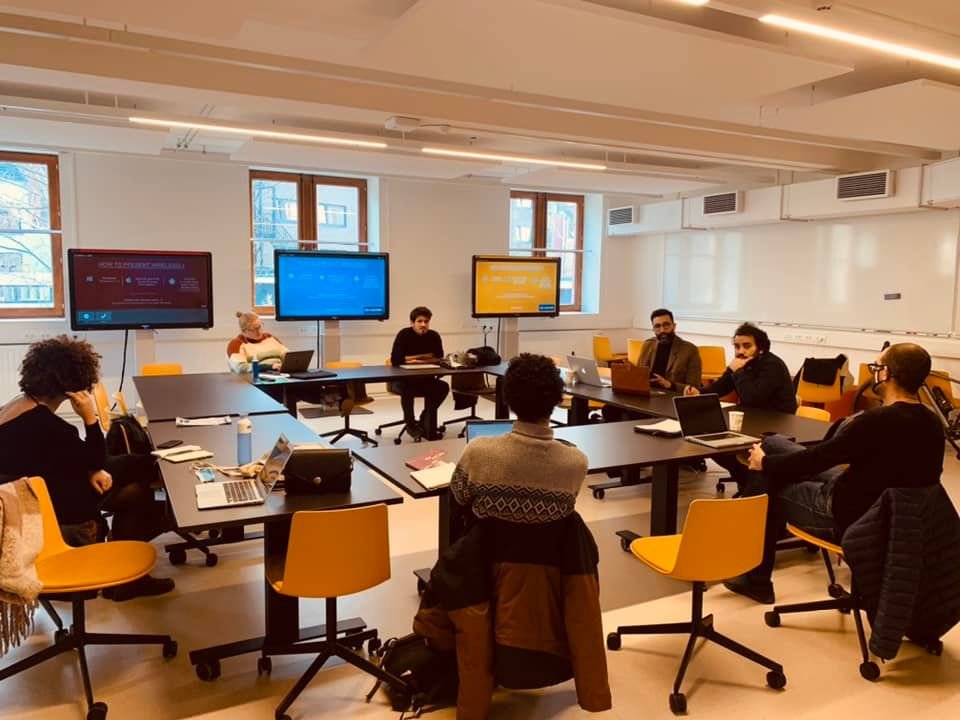Studying organized crime between the street, the state and the paradoxical injunctions of academia
This lecture deals with the possible irruption of violence during "risky" research (against the respondents or the researcher), by underlining the influence that this risk has on the ethnographic process. This issue is addressed through a current research experience on organized crime, a social world partly regulated by violence. I will first present what conditions my relation to the risk of violence, underlining what this perception owes to my personal experience as well as to the functions performed by violence in criminal worlds. I will then describe some situations where the risk of violence has manifested itself and how this constraint puts a strain on the work of collecting, protecting and analyzing data. In conclusion, I examine how these constraints are accentuated by certain norms of academic work.
Marwan Mohammed is a sociologist at the National center for the scientifical research (France) at the Maurice Halbwachs Center in Paris. His main research interests are inequality, crime, and racism. He is currently conducting comparative research on careers and markets in organized crime in France and the United States. He has published several books on youth gangs, desistance, or racism. His latest book is on the politicization of the word "communitarianism" (edited with Julien Talpin at the Presses Universitaires de France).

